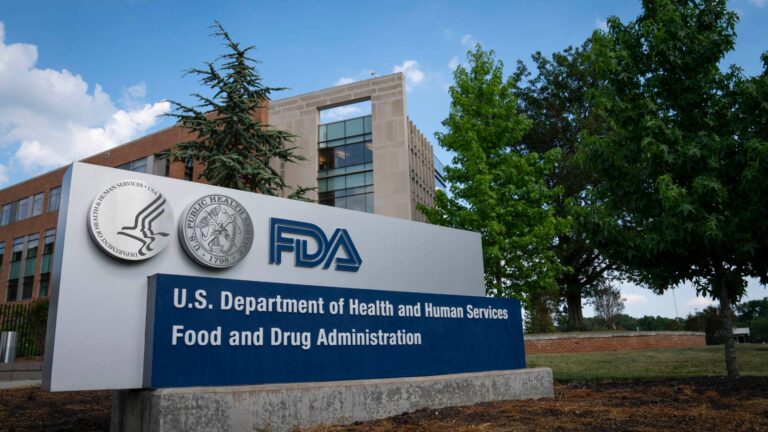Dec. 9, 2019 – The Office of Prescription Drug Promotion’s (OPDP’s) proposed study of the increasingly-common direct-to-consumer (DTC) television advertising for oncology drugs seeks to examine how consumers parse the information they are receiving, but commenters on the proposal argue that some of the study’s parameters should be changed before moving forward.
The proposed OPDP research will evaluate two issues using two separate studies with the following objectives: (1) to determine whether disclosing information about the nature of the endpoints supporting an oncology product’s indications helps consumers understand the drug’s efficacy; and (2) to test whether consumers adequately understand indication statements when portions of the indication are presented only as superimposed text on the screen while other portions are conveyed via audio.
As part of the first study, OPDP plans to create two TV ads for fictitious oncology drugs (one solid tumor indication and one hematology indication). These ads will include audio claims about overall survival, overall response rate with and without a disclosure, or progression-free survival with and without a disclosure. In the second study, OPDP will vary the presentation of the products’ information, either in superimposed text only, in the audio only, in both superimposed text and audio, or in neither.
For all phases of the study, OPDP will recruit “a general population sample of adult volunteers 18 years of age or older.”
Eli Lilly and Co. states in its comment that the study subjects should not be members of the general population but instead should be cancer patients or caregivers. “In our research, we observe differences in consumers’ level of understanding of cancer endpoints and terminology in relation to where the patient is on their journey,” Lilly’s comment said. “FDA may consider whether it would be worthwhile to consider a sample plan to include cancer patients and/or caregivers for independent analysis for each of the proposed studies.
Merck also submitted a comment suggesting that OPDP consider limiting study recruitment to cancer patients, as well as their caregivers and family members. “Limiting the study participants to those in the cancer treatment milieu may allow for more targeted insights from a population of individuals who could reasonably be expected to have a high level of interest in gathering information about cancer treatments.”
A comment from Novartis Pharmaceuticals Corp. raises the issue of how much information can be shoe-horned into a brief TV ad. “Novartis thinks that it is adequate for the audio portion to present only the most important material information of the indication with superimposed text for additional context,” the comment states. “If consumers wish to find out more about the approved use they can use the many adequate provisions provided to learn more.”
Merck also recommended, among other points, that the mock TV ads be the same duration as those commonly shown on television today, “to assure consistency with the real-life viewing setting” and asked OPDP to consider asking study participants screening questions about whether they watch TV, whether they watch TV ads, and how (in what medium) they are most likely to view such ads.
Further, Lilly made specific comments on the study objectives and research design, as well as the screening process and questionnaire. For example, Lilly said, the current design of the first study assumes that overall survival data are not available; “with this in mind, study implications are not generalizable to oncology medications broadly.”
A comment from UnitedHealthcare (UHC) put the advertising of oncology drugs to consumers in context, stating that there were 143 new anti-cancer drugs or indications approved by the FDA from Jan. 1, 2013, to July 31, 2018, and that from 1997 through 2016, spending for DTC TV drug advertising increased from $1.3 billion to $6 billion, “with a shift towards promotion of higher-cost biologics and cancer therapies.”
The health insurance company said it supports OPDP’s efforts to determine whether these ads can help consumers “understand information about the effectiveness of drug therapies and can make informed choices about treatment options.” UHC also recommended that OPDP “conduct additional studies examining how DTC advertising addressed value-based care.”




